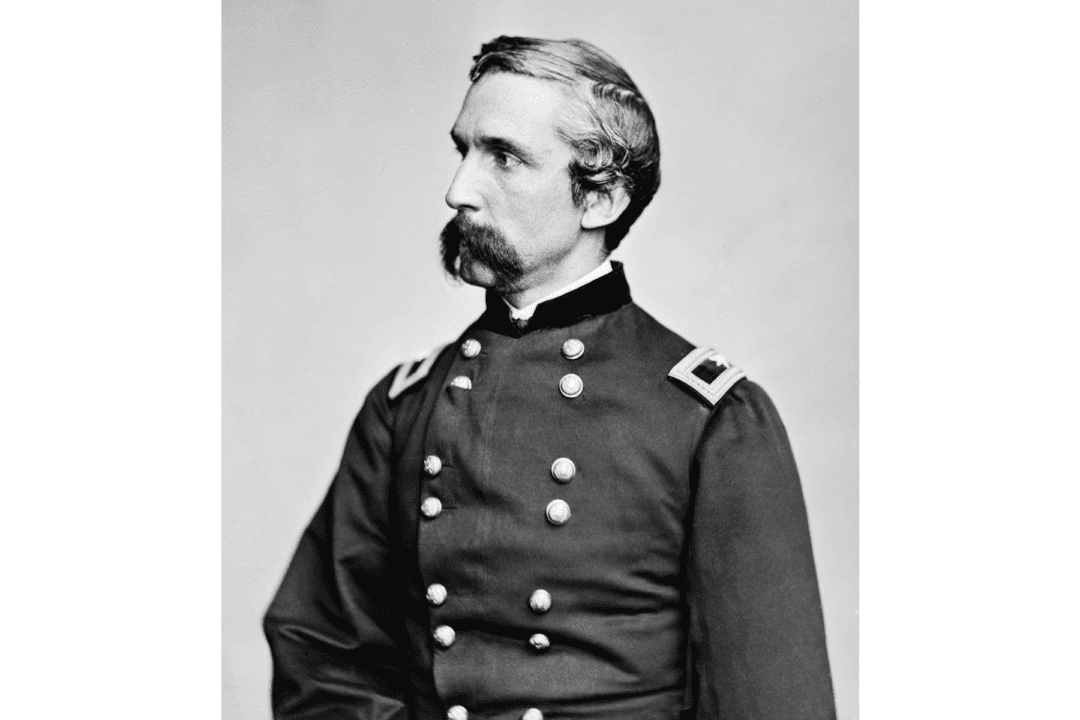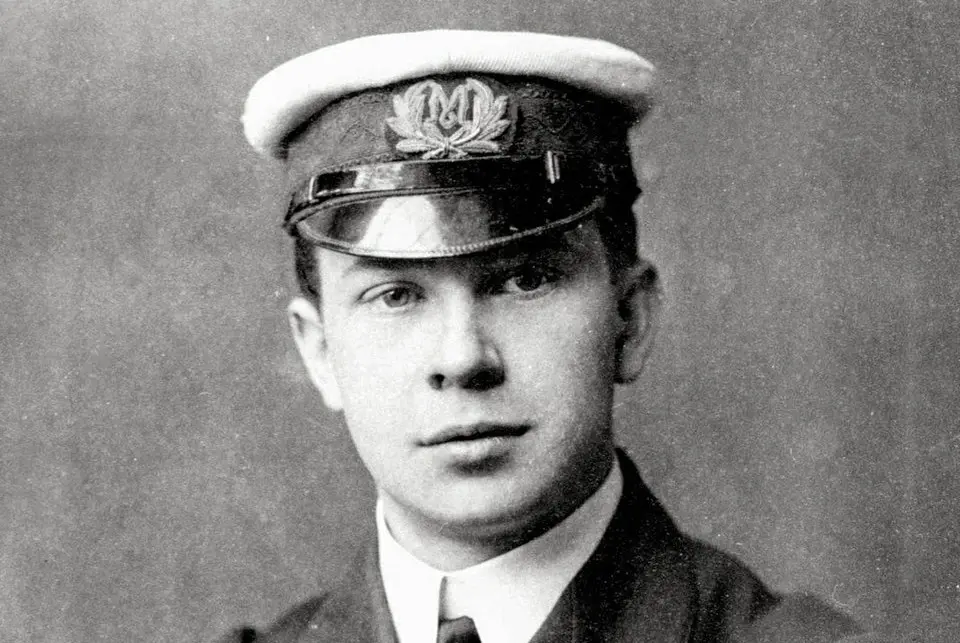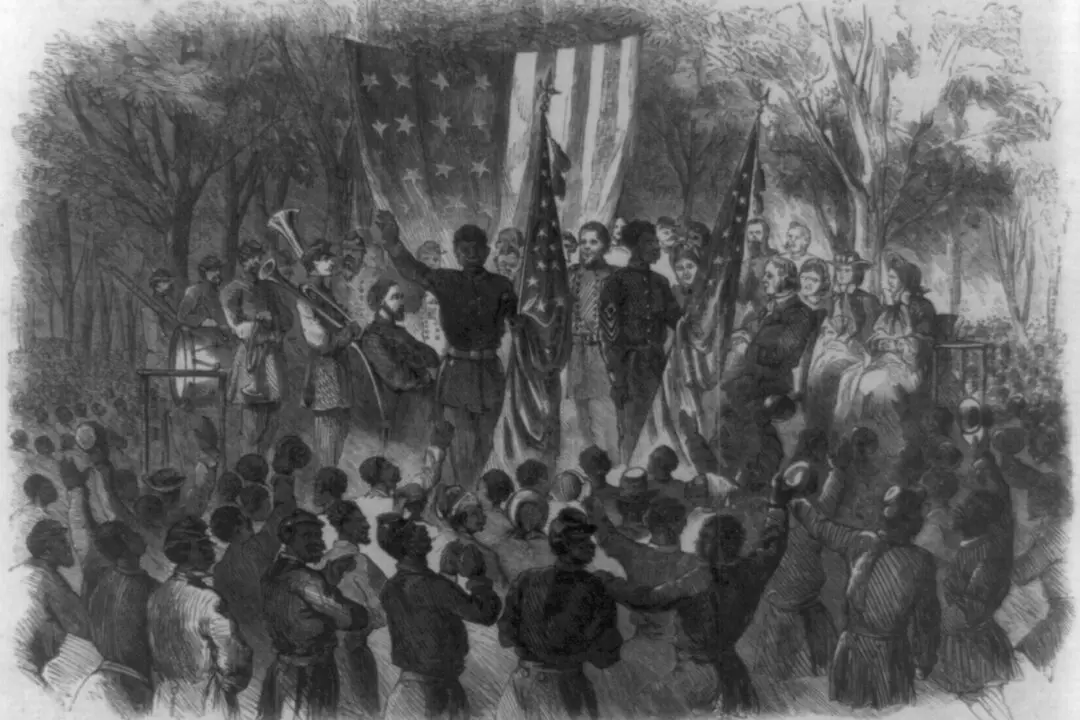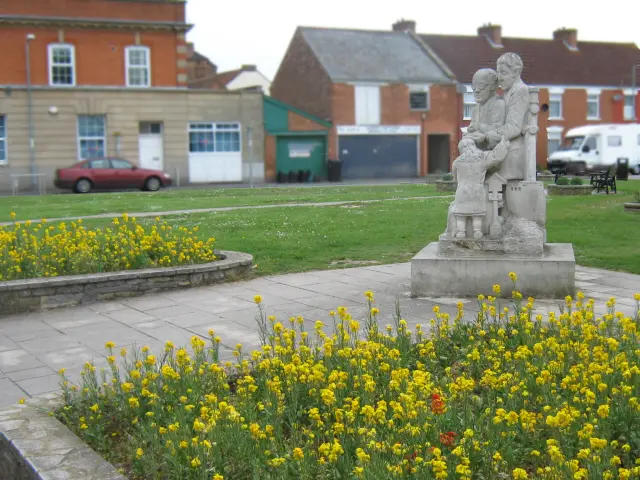As the fighting got intense during the Civil War’s infamous Battle of Gettysburg, the 20th Regiment Maine Volunteer Infantry group knew they were about to lose their vital position. In an instant, the group’s leader Col. Joshua Lawrence Chamberlain launched a surprise offensive attack that promptly changed the tide of the battle. In fact, years later in 1893, Chamberlain was awarded the Medal of Honor for his bravery that day.
Chamberlain was a Maine native who came from a long line of soldiers, with ancestors having fought in the Revolutionary War and the War of 1812. But instead of following in their footsteps, he decided to study and become a professor. Despite having a stuttering problem as a child, Chamberlain learned over half a dozen languages and taught rhetoric and modern language courses.






